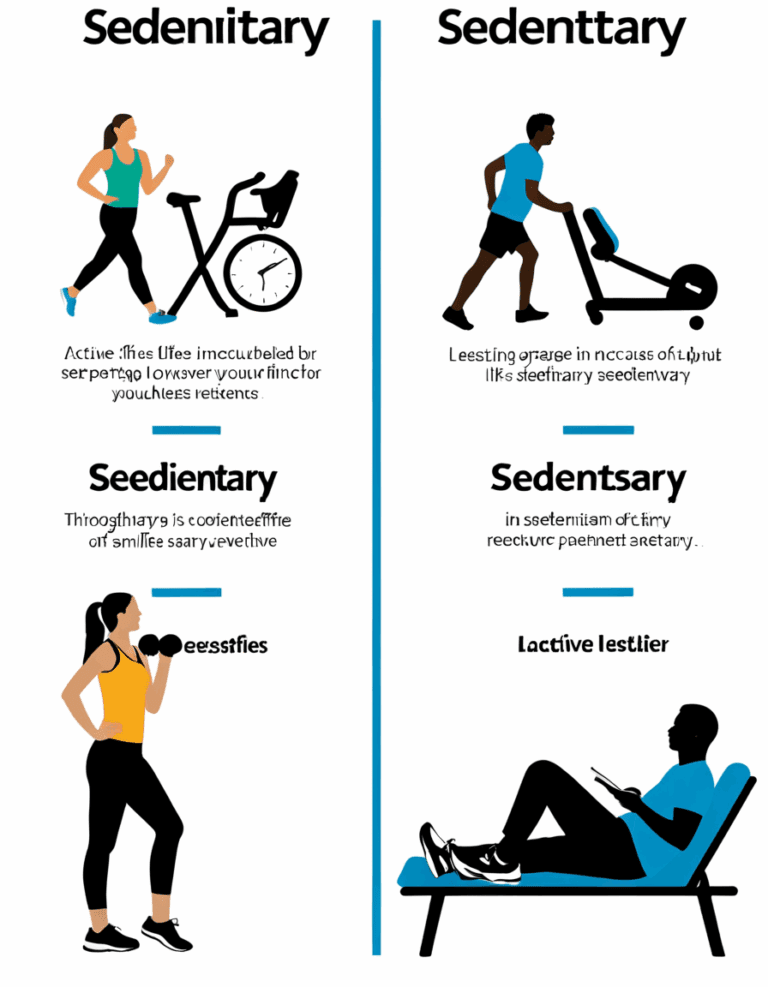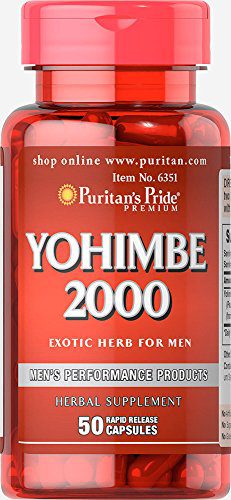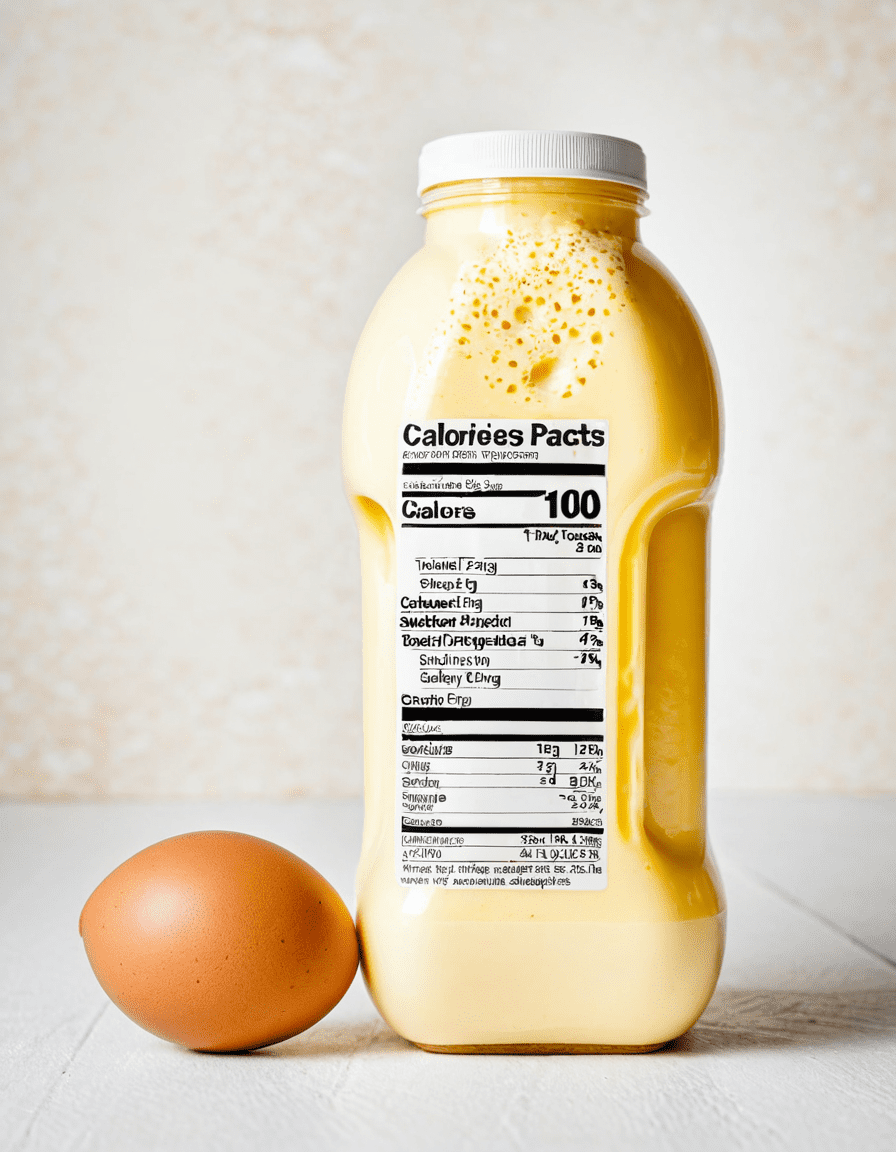Eggs have long been a staple in diets across the globe, celebrated for their versatility and rich nutrient content. But when folks look up the calories in egg, many are left scratching their heads, wondering how this protein-packed food fits into a balanced diet. Well, let’s dive deep into the nutritional profile of eggs, explore some actual data, unique insights, and plain ol’ truths about their role in our everyday health choices. Get ready to be amazed as we discover just how these little powerhouses can help you get shredded, gain serious muscle, and strut around flaunting those ripped six-packs!
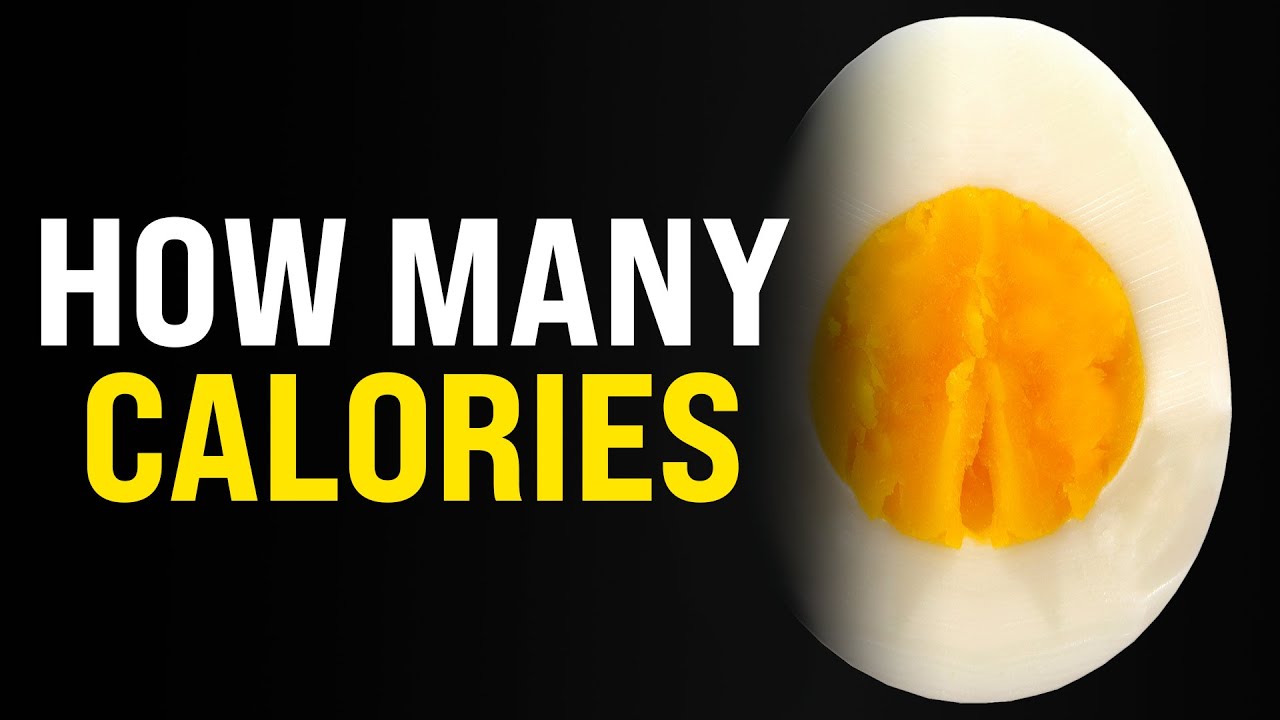
1. The Caloric Breakdown: How Many Calories Are in an Egg?
When considering the calories in eggs, a large egg typically contains about 70-80 calories. The breakdown? Oh, it’s far more fascinating! Each egg comprises:
Now, here’s the kicker. By exploring the distinct nutritional benefits of the yolk versus the white, we gain clarity on why many health experts recommend eating whole eggs. Take the yolk, for instance. Not only does it pack some fat, but it’s also a treasure trove of vitamins A, D, and E—nutrients that often slip under the radar when you’re just munching on egg whites. So, remember, skipping the yolk means missing out on a lot of goodness!
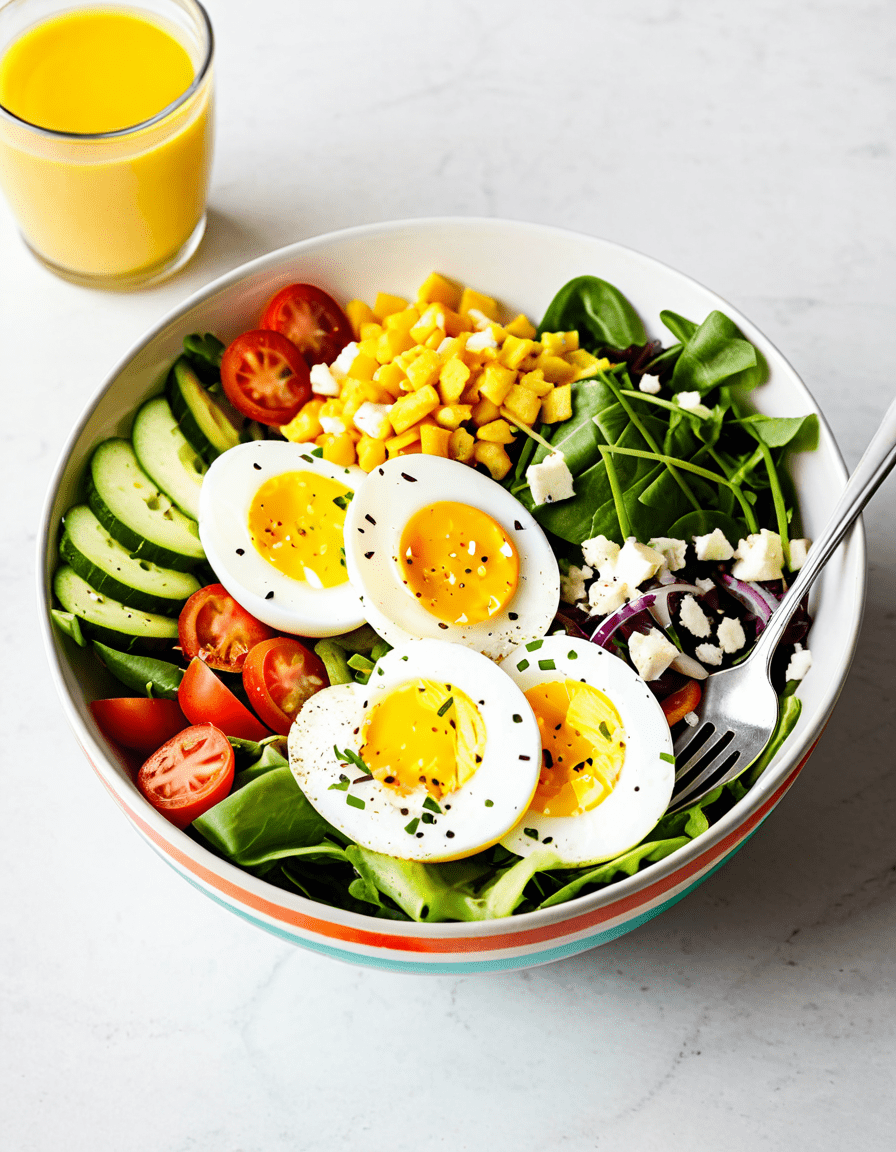
2. Eggs vs. Apples: A Surprising Calorie Comparison
Speaking of comparisons, let’s pit the calories in egg against the classic apple to see which one comes out on top! A medium apple typically clocks in at about 95 calories, primarily from its carbohydrates—namely sugars and fiber.
But hang on; the choice between an egg and an apple is more complex than it looks:
Now, if you want to kick your productivity into high gear, consider that protein-packed breakfast with eggs can start your day off right. Just look at the champions in the game—Olympic medalist Michael Phelps famously relied on eggs to fuel his stamina!
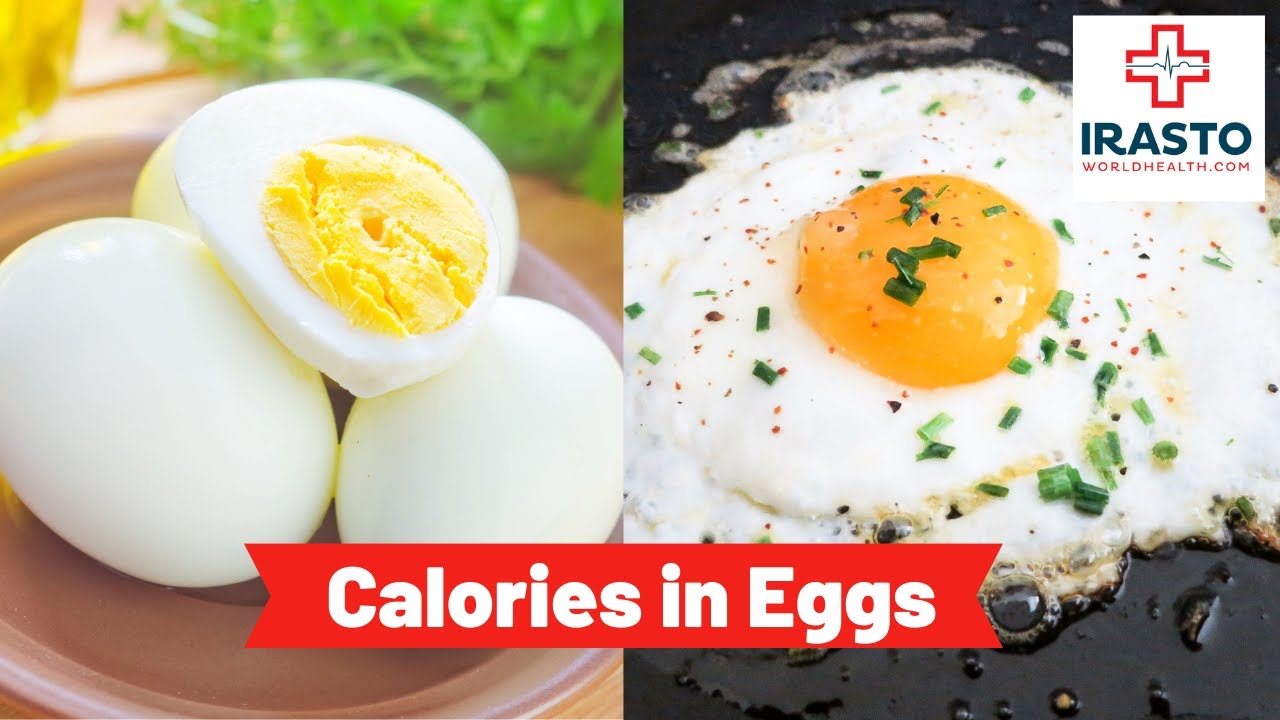
3. The Role of Cooking Methods in Caloric Content
Don’t forget that how you cook those eggs can impact their caloric content significantly. Cook up these different methods to see how they vary:
Being aware of these variations allows you to create meals that satisfy your caloric control and your nutritional needs. It’s all about balance, folks!

4. Dietary Considerations and Myths Around Eggs
While discussing the calories in egg is essential, myths about cholesterol seem to overshadow their benefits. Recent studies from the American Journal of Clinical Nutrition indicate that for most people, moderate egg consumption doesn’t spike cholesterol levels or raise the risk of heart disease. That’s a game changer for all you fitness fanatics out there.
Taking a closer look, eggs contain phospholipids that might actually improve cholesterol metabolism. This is vital for those of you who keep a watchful eye on heart health. So, the recommendation is clear: enjoy eggs in moderation instead of cutting them out entirely! They’re not the enemy; they’re your allies!
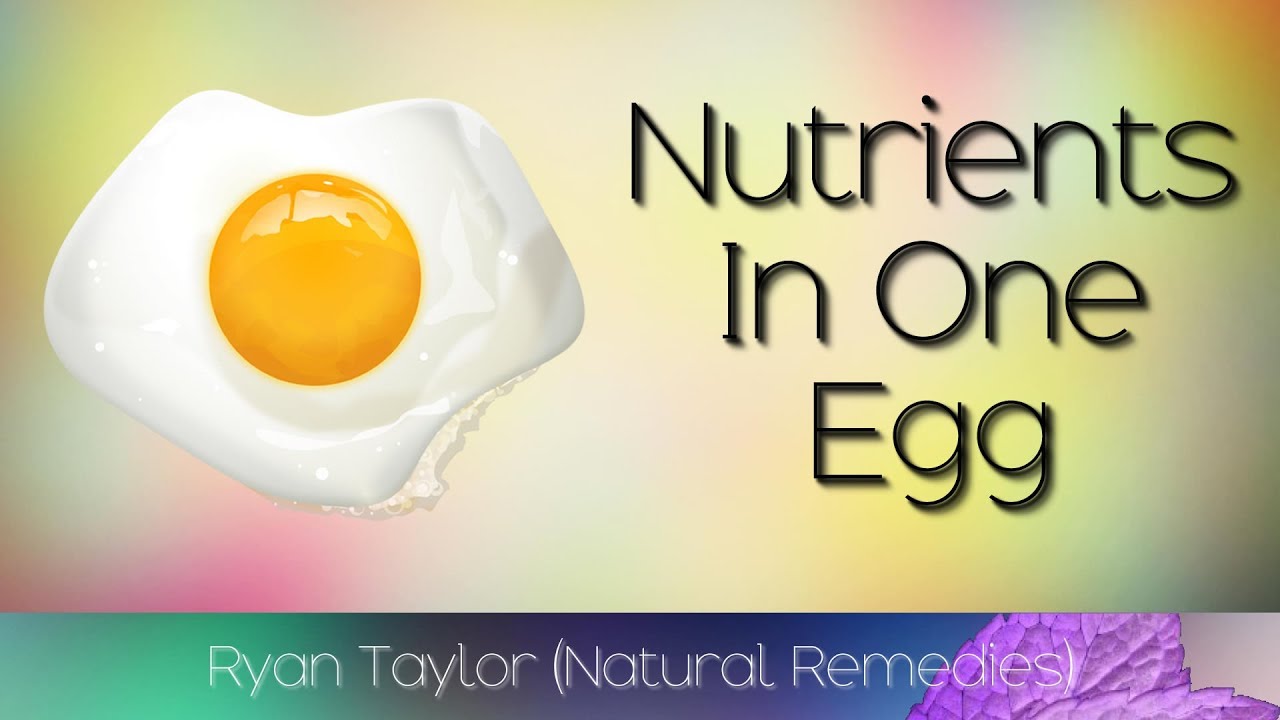
5. Real-Life Applications: Integrating Eggs into Your Diet
Let’s roll out some real-world applications, shall we? Look at the diets of inspiring figures—take Jillian Michaels, a renowned health coach, who promotes eggs to her clients looking to build muscle and shed weight. She often emphasizes their high protein content and quick preparation. That’s right: eggs are a nutritious and affordable staple that packs a punch!
You can add eggs into your life in countless ways. Think breakfast burritos, protein-packed smoothies, or classic Eggs Benedict. However you whip them up, one thing is sure: those little edible gems find their way into fueling champions everywhere.
Exploring the Future of Eggs in Nutrition Trends
Looking into the crystal ball, as plant-based diets gain traction, the role of eggs is shifting. They continue to be an essential protein source while alternatives like egg substitutes (made from plants) are on the rise. How to balance these options based on caloric intake and nutritional needs will be pivotal for health-seekers in 2026 and beyond.
Addressing the calories in egg, it’s clear that this humble food comes packed with nutritional potential. Eggs are not just breakfast fare; they’re powerhouses of proteins, fats, and essential vitamins. As you prepare your meals, think about how those tasty little eggs can fit seamlessly into a diet aimed at optimal health. Together, we’ll achieve results without sacrificing flavor or satisfaction!
So, there you have it! Now, you’re armed with valuable insights into the calories in eggs. Want to look and feel amazing? Make eggs a part of your health journey today! You’ll transform not just your body but your life. Get on it!
Calories in Egg: Fun Trivia and Interesting Facts
The Egg Basics
Did you know that one large egg typically contains about 72 calories? That’s right! Eggs are a fantastic way to pack in protein without overloading on calories. Speaking of packing in nutrients, it’s fascinating how eggs compare to Calories For carrot, which clocks in at around 25 calories for medium-sized carrot. While both are nutritious choices, eggs hold their weight as a substantial source of dietary protein, providing essential amino acids for muscle repair and growth.
One noteworthy trivia tidbit is that a medium-sized egg has about 6 grams of protein. That’s comparable to what you’d get from a delicious serving of non-starchy vegetables, which many recommend as a staple in a healthy diet. So, if you find yourself deliberating between veggies and eggs, why not mix them together? You could whip up a scrumptious veggie omelette!
Egg vs. Other Foods
Eggs are interesting because they’ve been shown to boost satiety—meaning they help you feel full longer. Some folks even find that since they’re so hearty, they might skip that second cup of coffee or even avoid those pesky snacks. Wouldn’t be surprised if Twitter Elon musk tweets about breakfast hacks to help you stay satisfied; it’s a trending topic!
When we look at the way eggs fit into our meals, be it for breakfast or brunch, they’re often a key ingredient in recipes. Just like how some people navigate through Facebook marketplace Scams to find a good deal, many chefs search high and low for the perfect egg recipe. Whether you’re eyeing a classic eggs benedict or a fluffy frittata, you can count on eggs to keep calorie counts manageable while delivering tons of flavor.
Beyond the Nutrition
Interestingly, it’s worth noting that egg yolks are relatively calorie-dense, providing 55 calories each. Yet, they’re also where to find the majority of the egg’s nutrients, including fat-soluble vitamins. If you’re thinking about trying the Turp procedure, you may want to keep your nutrition in mind, as good health starts with a balanced diet.
Speaking of balance, try to keep your meal timing in mind! Consuming eggs as part of your breakfast can help regulate your appetite throughout the day. When planning meals, always remember that a quick measure with the tape measure marks can be telling; portion control is key to staying aligned with your caloric goals. Eggs, with their rich nutrient profile, help make dieting seem less like a chore and more like a tasty adventure. So, why not crack a few eggs and see where the journey leads you?











